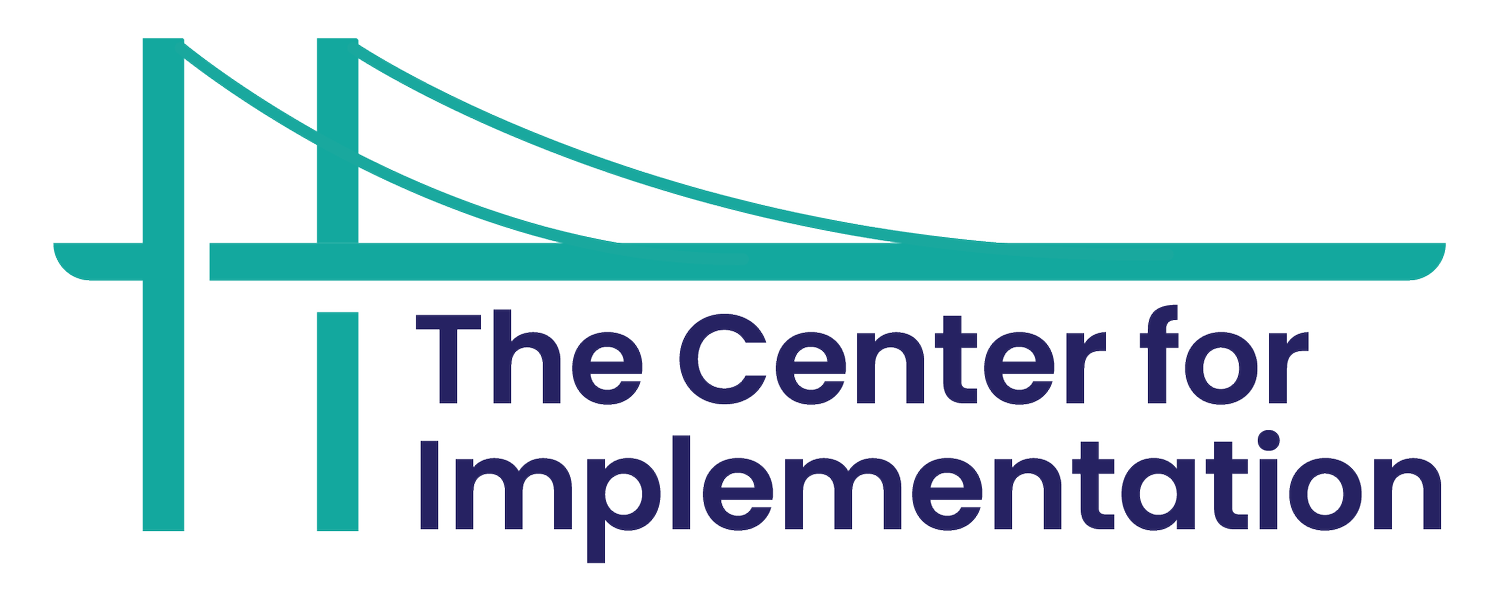Project Spotlight: When ‘Trust’ Trumps ‘Must’ – Experimenting With Trust in the Implementation of New Practice Innovation for Youth in Ireland
By Jackie Dwane, PhD Candidate and Research Fellow, REPPP, and Prof. Sean Redmond, Youth Justice Lead, REPPP, School of Law, University of Limerick
The REPPP (Research Evidence into Policy, Programmes and Practice) project is a collaboration between the University of Limerick and the Department of Justice in Ireland. A REPPP Action Research Project (ARP) is exploring the contribution youth justice projects make to youth crime reduction in Ireland by examining the use of relationships as a core intervention to improve outcomes for young people. The intention is to improve the effectiveness of these ‘change’ relationships.
‘Trust’ as an effective governance mechanism
In the right context, ‘trust’ can act as a very efficient governance mechanism, particularly under uncertain conditions. Top-down governance, which attempts, ex-ante, to mitigate risk of agent opportunism and shirking by employing prescribed compliance measures to bound discretion, are too brittle when the journey ahead is unclear. Contracts, no matter how well crafted, cannot predict at the outset every single scenario that may require a short term change of tack on a path to a mutually beneficial outcome. In the case of the ARP it was clear that multiple governance challenges would collide given that the object of interest, ‘the relationship’, itself a slippery concept, was being designed and implemented simultaneously; in multiple contexts. We decided that a means of governance was required for the ARP that could lightly bound reciprocal responsibilities and benefits and increase the likelihood of a sense of joint mission between REPPP and the participating local projects.
Youth justice practitioners from 16 project sites across Ireland, who believe and trust in the value of relationships to effect positive change with young people, self-selected to participate in the ARP. This research / practice collaboration is co-designing and trialling an evidence-informed model of relationship building with young people to guide practice reform while conducting real-time ‘bottom-up’ local implementation studies. Routine checks on trust and workload commitments are capturing the practitioners’ experience of implementing change relationships.
The policy maker, researchers and practitioners were brought together to co-produce a trust statement to support a working partnership between the university and the practitioners based in the 16 project sites. Ten core principles were developed including; commitments to work with young people (principle 1), stick with the process (principle 7), work together to build trust (principle 8) and build quality relationships (principle 9). The trust statement has proved instrumental in guiding the process by establishing agreed protocols for the project and for on-going engagement between the researchers and practitioners. Recognising that ‘we are in a process of joint discovery’ (principle 6) has allowed the practitioners to co-design new practice with the researchers and to celebrate innovations without hampering creativity.
To communicate the importance researchers placed on the key asset that professionals possess, their ‘time’, one principle conveys a responsibility to ‘use time wisely’ (principle 5). The premise here is to recognise that youth justice worker’s time is precious and the amount of work assigned to the research must have agreement from all parties. By maintaining the contract as ‘a living document’ (principle 10), there is an inbuilt commitment to revisit the workload arrangement (and any other principle) if and when necessary.
‘Sharing a mutual intent’ (principle 3) refers to transparency about intentions and finding common ground. The principle recognises that ‘we all may make mistakes throughout the process, but there are no conspiracies’. This standard serves as a reminder of the commitment to ‘be open and honest’ (principle 2) and allows everyone to recognise when mistakes are made. The principle refers to a commitment to ‘problem solve together’ to help set a tone of genuine ‘mutual respect’ (principle 4) during periods of uncertainty.
(Click here to see the REPPP Trust Statement Full Size)
This article was featured in our monthly Implementation in Action bulletin! Want to receive our next issue? Subscribe here.


